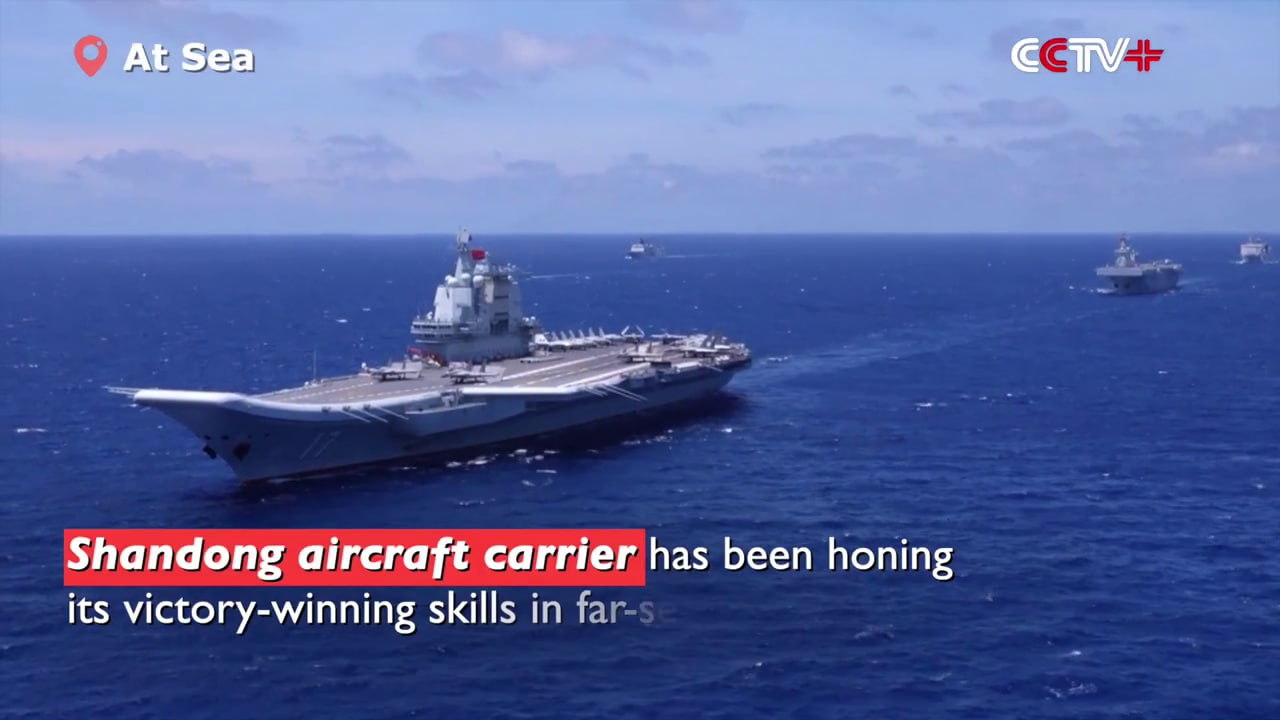
Iranian official Mohsen Rezaee, the Secretary of Iran's Expediency Council, said in a July 31, 2019 on Channel 2 TV (Iran) that the U.K. should pay Iran to release English nationals it is holding captive, such as Nazanin Zaghani-Ratcliffe. He claimed that the British Foreign Minister begged Iran to release British nationals, but that Iran explained to him its logic that it should not release hostages because its interests are being "trampled upon." Rezaee also claimed that the UAE and most of the other Gulf countries have contacted Iran in attempts to renew relations with it, and he said that Iran believes this to be an opportunity to move towards a "collective security mechanism" based on new security cooperation agreements and to expel the West from the Persian Gulf, from the Strait of Hormuz, and from the Middle East in general. Rezaee went on to say that the economic sanctions that are currently being imposed against Iran are the best way for Iran to "fix" its economy, and he said that foreign exchange rates had nonetheless been disadvantageous to Iran before the sanctions were imposed. He said: "We have an abundance of means and capabilities. The government has revenues and it has assets that [could] run the country for 10 years without a drop of oil." Rezaee was the first commander of the IRGC.
Mohsen Rezaee: "We released several of the [Americans] we had detained, and we got several billions of dollars from America. Ultimately, the English should pay us to release their [nationals], or they should carry out a reciprocal deal. There is no other way. They know us. We have several [British] detainees, like [Nazanin] Zaghari. The British foregin minister even came here to beg. We dealt with the British according to logical principles. We are not looking to act unjustly towards anyone. We are not looking to be unjust even towards our enemies, but we will not have our principles, our logic, and our interests trampled upon. The English must accept that as long as they do not keep our interests, we will not give up on this.
[...]
"It's not just the UAE. Last month, almost all the Gulf countries sent us messages. Some of them acted fearfully and used mediators, and others were brave, came to Iran, had meetings, and asked to become closer and to renew their old ties with us. We this as an opportunity to us - in light of the damage that some of these countries have caused us - to redefine our neighborly relations according to a new logic. We believe that we should move on towards a collective security mechanism and expel all the foreign forces from the region. We can define a new security cooperation mechanism. There is no need for America, England, or other countries to be present in the Persian Gulf or the Strait of Hormuz."
[...]
Interviewer: "The people are facing difficulties in their daily lives. They are in distress. How long will it last? Is this the outcome of the 'active resistance' approach, and the public just needs to continue and bear the situation, or are there other angles for looking at this?"
Mohsen Rezaee: "What preceded the sanctions - was that any good? All the governments, with no exception - Rafsanjani's, Khatami's, Ahmadinejad's, and Rouhani's - received a certain foreign exchange rate, and in their second terms, that rate was multiple by 2.5 or 3. Then they passed it on to the next government. Again, the exchange rate was stable in the first four years, and in the second term, it was multipled by 2.5 or 3. Can you call this an economy? The sanctions are the best conditions for us to fix our economy. Why should we wait for the sanctions to be lifted, at some time in the future, in order to fix our economy? We have an abundance of means and capabilities. The government has revenues and it has assets that, if it sold them and turned them into means of production, could run the country for 10 years without a drop of oil."












